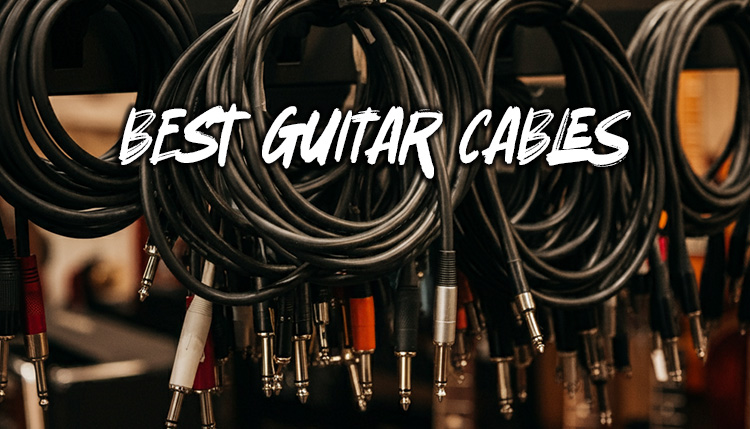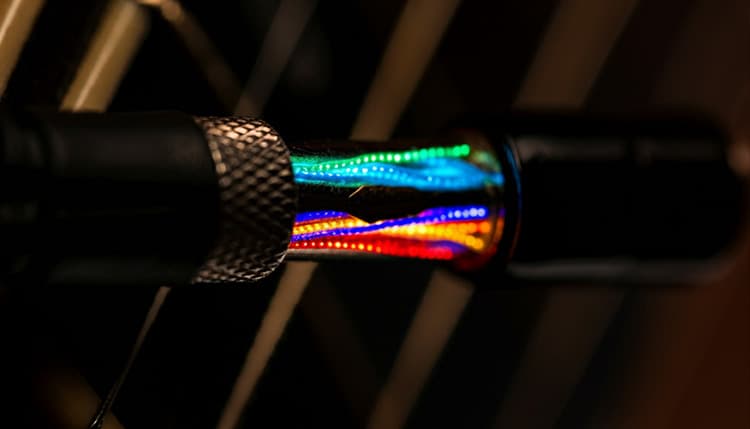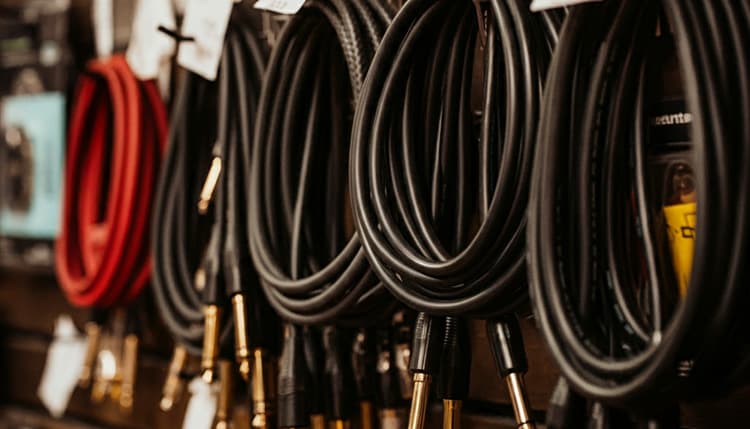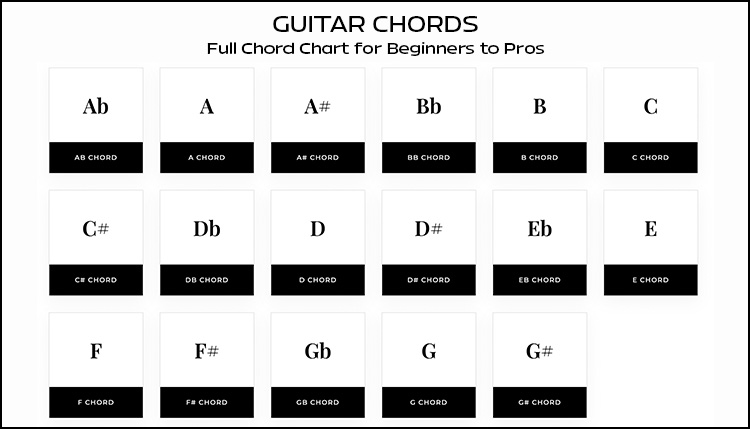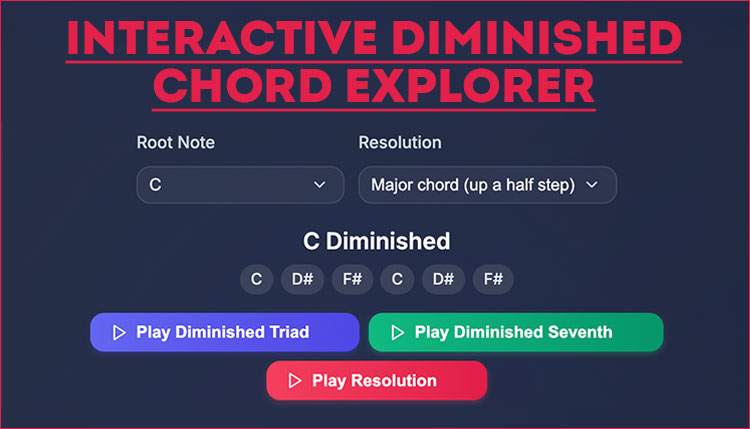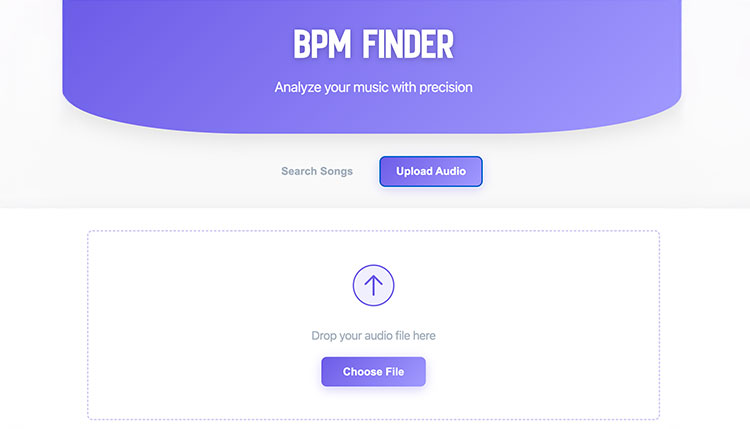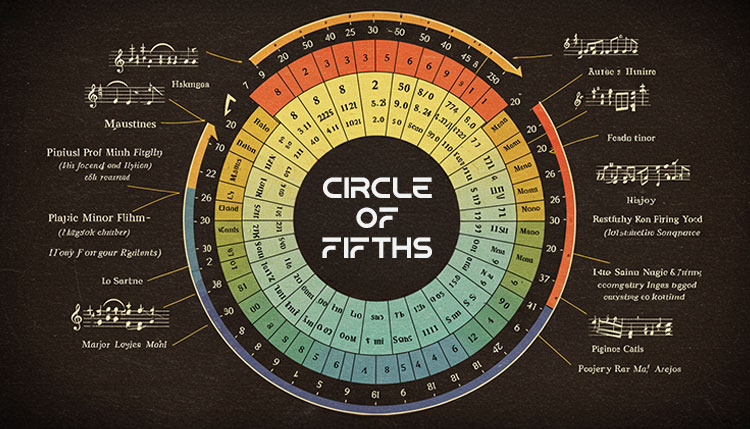Hey fellow tone-seekers! Did you know that your guitar cable can make or break your sound?
It’s true – a recent study by Audio Engineering Society found that poor-quality cables can lose up to 30% of your guitar’s high-frequency response!
I’ve spent years using countless cables, and let me tell you, not all are created equal. Whether you’re gigging every weekend or recording your next hit EP, choosing the best guitar cables is crucial for maintaining your tone.
Let’s dive into everything you need to know about finding the perfect guitar cable for your setup!
Best Guitar Cables / Brands
Choosing a quality guitar cable can make or break the sound you’re aiming for.
Let’s cut through the static and tune into the top guitar cables and brands.
1. Mogami Gold Series Guitar Cable
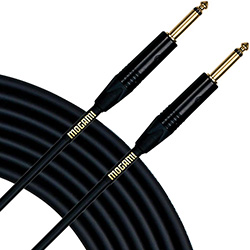
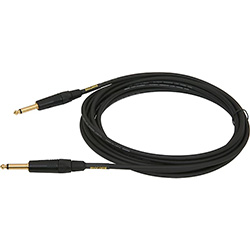
The Mogami Gold Series cable is like that old reliable friend who never lets you down.
Known for its durability and crystal-clear sound, it boasts an ultra-high density spiral shield, polymer sub-shield, and carbon-infused PVC layer to keep noise out and music pure.
Plus, their lifetime warranty means it’s got your back, no excuses needed.
Key Features:
- Ultra-High Density Spiral Shield
- Conductive Polymer Sub-Shield
- Carbon-Infused PVC Layer
- Lifetime Warranty
2. Monster Guitar Cable
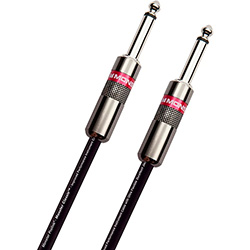
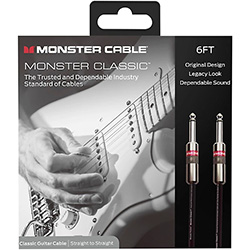
Monster Cable lives up to its name, stomping out unwanted noise and letting your music roar.
These cables promise stellar signal transfer and heavy-duty build.
When pros talk about clinging to a brand, Monster is often their steady choice, thanks to its knack for making each note sound like you mean it.
Key Features:
- Stellar Signal Transfer
- Killer Noise Reduction
- Heavy-Duty Build
- Crisp and Clear Sound
3. Planet Waves American Stage Guitar Cables

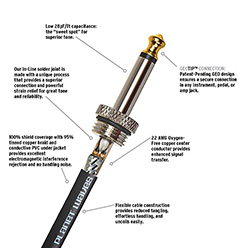
With the American Stage Guitar Cable, D’Addario turns it up a notch with its Geo-Tip plugs and HelioFused soldering.
Designed for the stage, these cables ensure solid connections and stand up to the rigors of live performances—so you can rock out without worrying about your gear.
Key Features:
- Geo-Tip Plugs for Snug Fit
- HelioFused Soldering for Durability
- Built Tough for Onstage Action
- Perfect for Live Gigs
4. Fender Professional Series Guitar Cables

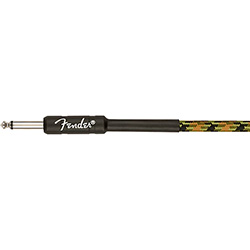
With the American Stage Guitar Cable, D’Addario turns it up a notch with its Geo-Tip plugs and HelioFused soldering.
Designed for the stage, these cables ensure solid connections and stand up to the rigors of live performances—so you can rock out without worrying about your gear.
Key Features:
- Geo-Tip Plugs for Snug Fit
- HelioFused Soldering for Durability
- Built Tough for Onstage Action
- Perfect for Live Gigs
5. Evidence Audio Guitar Cables
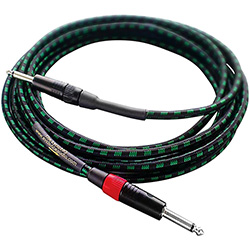

For those who crave that personal touch, boutique brands like Evidence Audio and Lava Cable are the rebels making waves.
With handcrafted designs and premium materials, these cables cater to guitarists who want something truly special.
Key Features:
- Handcrafted for the Discerning Ear
- Premium Parts All the Way
- Uniquely Innovative Looks
- Built for Guitar Perfectionists
Best Guitar Cables Compared
| Brand | Key Features | Price Range (USD) | Warranty |
|---|---|---|---|
| Mogami Gold | UHD Spiral Shield, Polymer Sub-Shield, PVC Layer | $50 – $100 | Lifetime |
| Monster Cable | Stellar Transfer, Noise Bouncing, Heavy-Duty | $40 – $90 | Varies by Product |
| Planet Waves | Geo-Tip Plugs, HelioFused, Built Tough | $20 – $50 | Limited Lifetime |
| Fender Deluxe | Gold-Plated for Brightness, Solid Shielding | $30 – $60 | Lifetime |
| Boutique Brands | Custom Craftmanship, Premium Components | $60 – $150 | Varies by Brand |
We’ve spotlighted the guitar cable brands that bring serious quality to the table in 2024. Whether you’re jamming, gigging, or just noodling around, these choices cover all bases and styles.
Understanding Guitar Cable Basics
Signal Path and How Cables Affect Tone
Guitar tone is a lot like a gourmet dish—you want everything to blend just right.
The signal path, where your guitar’s electrical mojo flows via the cables to the guitar amp, is key. A glitch in the cable, and your rock star moment could sound like a broken kazoo.
Quality cables keep your tone solid, cutting down on signal loss and keeping that pesky outside noise at bay.
Conductor Materials: Copper vs. Silver
What’s inside your guitar cable matters in a big way.
- Copper Conductors: This is like the trusty Honda Civic of cable conductors. It’s everywhere because it’s reliable and won’t empty your wallet.
- Silver Conductors: Now, if copper’s a Civic, silver’s a Ferrari. Its top-notch conductivity offers better performance at high frequencies, making your tone shine brighter.
| Material | Conductivity | Common Use |
|---|---|---|
| Copper | High | Your everyday guitar cables |
| Silver | Very High | High-fidelity cables for when you want to channel Hendricks |
Shielding Types and Their Importance
Shielding is like the bouncer at your favorite club—it keeps unwanted interference out. Here’s the scoop:
- Braided Shielding: Tough and dependable, like a good leather jacket.
- Foil Shielding: Gives you all-around protection but can be a bit flimsy over time.
- Spiral Shielding: Like yoga pants—flexible but a bit see-through when stretched.
Good cables often have a mix to keep your sound as clean as it can be.
Balanced vs. Unbalanced Cables Explained
- Unbalanced Cables: The workhorses of guitar cables—they’ve got two wires doing their thing. Great for nearby gigs but might let in some static.
- Balanced Cables: Like the highway patrol for noise—three wires work to cancel out interference, best for long hauls and studio sessions.
| Type | Conductors | Common Use | Noise Resistance |
|---|---|---|---|
| Unbalanced | 2 (signal, ground) | Live performances with guitars and pedals | Low |
| Balanced | 3 (signal+, signal-, ground) | Pro studio gear | High |
Cable Length Considerations
Ever get tangled in long cables? Same goes for your signal—those long, winding cables can wear it down. To keep your high notes crisp, opt for cables with low capacitance when length is necessary.
- Ideal Length: Stick with 10-20 feet—it hits the sweet spot for most uses.
- Capacitance: Lower numbers mean better sound, keeping your tune lively.
| Cable Length | Capacitance (pF/ft) | Common Use |
|---|---|---|
| 10-20 feet | <30 pF/ft | General gigs and jams |
| 20-30 feet | <20 pF/ft | Bigger setups needing low capacitance magic |
Essential Features of Quality Guitar Cables
When you’re on the hunt for the perfect guitar cable, you gotta know what to look for. So, let’s break down the key features that’ll help you pick a cable that’s gonna keep your tunes pure and your gear running long.
Connector Types and Durability
The connectors on your guitar cable can make or break your sound—literally. You usually find straight or right-angle jacks on these things. Top-notch cables flaunt gold or silver connectors because they zap the power through better and last longer without rusting. Though silver’s got a leg up on gold in the conductivity race; folks often go for gold just ’cause it sounds fancy.
| Connector Type | Conductivity | Corrosion Resistance |
|---|---|---|
| Silver | Top Notch | So-So |
| Gold | Decent | Superb |
| Copper | Top Notch | Not Great |
Strain Relief Design
You ever notice how cables split right where they plug in? That’s what strain relief’s for. Take a leaf out of the Boss Instrument Cable book; their beefy strain relief system stops the cable from bending too much around the plug. This baby can take a beating and keep on bleating.
Oxygen-Free Copper Conductors
Oxygen-free copper (OFC) conductors are like the secret sauce for cables – they just move the sound better. A lotta people swear by goodies like the Fender Professional Series Instrument Cable since they use OFC with spiral shields to ditch the static and keep your sound crystal clear.
Multiple Shielding Layers
More shielding? Less noise.
Multiple layers mean electromagnetic interference (EMI) and radio frequency interference (RFI) get kicked to the curb.
Check out Mogami Gold Series cables; they’re stacked with layers like UHD spiral shields and conductive carbon-infused PVC that’ll make sure your tunes don’t just fade into the static.
Flexibility and Coil Memory
Nobody likes wrestling with a stubborn cable—it’s gotta be flexible but not remember every bend and twist.
Good ones, like the Boss Instrument Cable, roll up nice and neat without a fuss, keeping on-stage tangles to a minimum and even kinder on your wallet.
Nailing these features in your guitar cables will keep your tunes tip-top, knocking back noise and prolonging the good vibes from your gear.
With this know-how, you can snag the cable that fits just right and keeps the music rocking.
Budget vs. Professional Guitar Cables
Picking between budget and fancy guitar cables can really change the way your music sounds and feels. Let’s look at the nitty-gritty so you can choose what’s right for you.
Price Range Comparisons
Guitar cables come in all sorts of price tags. Here’s the lowdown:
| Cable Type | Price Range |
|---|---|
| Budget Cables | $10 – $25 |
| Mid-Range Cables | $25 – $50 |
| Professional Cables | $50 – $100+ |
Getting Your Money’s Worth
Spending a bit more on quality cables usually means better sound and longer life. While cheaper options might seem like a steal at first, they often conk out quickly or sound meh, meaning more trips to the store.
Here’s a little wisdom:
- Budget Cables: Great for newbies and chill players.
- Professional Cables: Best for gigging pros and studio buffs; they sound awesome and can take a beating.
The Nuts and Bolts of Cable Quality
What makes a cable tick is in its guts and know-how. Better stuff means better sound and longer life.
- Budget Cables: Often cut costs with cheaper materials, so don’t expect much shielding or doohickeys.
- Professional Cables: Think solid copper, flashy gold plugs, extra layers of protection, and designs that go the distance.
How Long They Last
- Budget Cables: Not built for the long haul; get ready for splitters and shorts if you’re rough with ’em.
- Professional Cables: Made to handle your wildest solos and last longer thanks to their bombproof build and primo materials.
Best Picks for Any Wallet
Here’s some solid cable choices no matter your cash flow:
| Budget Level | Recommended Cables |
|---|---|
| Budget | Boss Instrument Cable, Monster S100-I-12 |
| Mid-Range | Planet Waves American Stage, Spectraflex Original |
| Professional | Mogami Gold Instrument Cable, Evidence Audio Lyric HG |
Grasping the difference between budget and pro guitar cables helps you snag the best bang for your buck and sound that lines up with what you need.
Best Guitar Cable Lengths and Their Impact on Tone
Signal Loss Over Distance
So, you’re jamming on your guitar and think, “Does my cable really matter?” Oh, yes it does! When it comes to those sneaky guitar cables, length isn’t just about convenience—it’s about sound quality. Longer cables can mess with your vibe due to signal loss, a fancy term called capacitance. Low capacitance cables are the way to go if you want every beat and strum to rock its way to your amp just like it came out of your guitar.
Ideal Cable Lengths for Different Setups
Think of cable length like choosing between a 5-second splash or diving into a pool. If you’re chilling at home or in the studio, keep it under 10 feet. Got a gig? Well, stretch it to 10-20 feet. But if you’re on a grand stage and need cables that run longer than a marathon, you better know that over 20 feet might just steal some of your thunder.
| Cable Length | Ideal Use Case |
|---|---|
| 0-10 feet | Home practice, recording |
| 10-20 feet | Live performances |
| 20+ feet | Large stages |
Capacitance and Resistance Explained
Don’t let capacitance and resistance sound like a high school science project. It’s simple: Capacitance means the cable’s got some electricity storage game. High capacitance will dull your highs, turning crispy riffs into mashed potatoes. Aim for low capacitance for those sparkling trebles. As for resistance, just think of it as keeping your signal strong and clear—no murky business allowed!
When to Use Longer Cables
You need room to groove on those larger stages or techy setups. Longer cables fit the bill but pick wisely. Brands such as Mogami and D’Addario American Stage exist for this exact situation—offering low capacitance so your music’s sharp, not soggy.
Multiple Cable Connection Effects
Ever try stacking blocks as a kid? Multiple cables can stack up capacitance and resistance, turning your sound into a collapsing mess. Stick to a single cable as much as possible—even better if it’s low on capacitance. Necessary to mix ’em up? Cool, just ensure all your cables are top-notch to avoid dissing your sound.
By cracking the code on cable length and its tonal tricks, we gear up to keep things zesty and vibrant. Picking the right cables, notably those with low capacitance, keeps our jams authentic and electrifying across any setup.
Maintenance and Care Tips
Keeping your guitar cables in shape is like feeding your pet rock—simple, easy, and keeps them rockin’ for longer. Here’s how you can give your cables some tender, loving care for peak performance.
Proper Storage Techniques
Storing guitar cables right might seem like rocket science, but it’s not. Here’s the cheat sheet:
- Cable Ties: Use those reusable cable ties to keep your cables from turning into a tangled yoga routine.
- Keep It Cool and Dry: Finding a chill, dry spot for your cables is a smart move to dodge rainy day blues.
- Forget Tight Coiling: Looser coils are the way to go ’cause strangling your cables isn’t cool.
- Hang ‘Em High: Whenever you get the chance, hang cables up like your favorite band poster to avoid squishing.
Cleaning Methods
Regular cleaning keeps the grime gremlins at bay:
- Wipe ‘Em Down: After jam sessions, a soft cloth won’t hurt.
- Got Dirt?: Dab a bit of mild soapy water on stubborn spots.
- Steer Clear of Harsh Stuff: Keep away from nasty chemicals unless you want crispy cables.
- Connector Care: A lil’ isopropyl alcohol on a swab keeps your connectors shiny and new.
Coiling Best Practices
For all you coiling connoisseurs, keep those wires healthy using the “over-under” trick:
- Make your first loop clockwise (over).
- Next one’s the opposite way (under).
- Lather, rinse, repeat.
Signs of Wear and Damage
Give your cables a regular once-over like your aunt checks your sock drawer, look out for:
- Frayed Nerves… I Mean Insulation: Cracks? Splits? Time to worry!
- Wobbly Connectors: If they’re doing the shimmy, that’s not good.
- Sound Problems: Crackles and pops aren’t just for cereal. Notice anything odd? Act fast!
When to Replace Cables
Even trusty cables have a lifespan. Here’s when to say bye-bye:
- Signal Snafus: Troubleshooting hit a dead end? Time to swap.
- Major Scuffs: If insulation or connectors look like they’ve been in a brawl, consider new ones.
- Tone Tantrums: If your guitar’s voice starts to resemble an out-of-tune kazoo, look for a fresh cable.
A good guitar cable cares well and loves long—sometimes for years. These tips are your backstage pass to rock-solid cable performance every single time. Keep strumming!
Best Specialized Guitar Cables
We’ve been digging deep to find the top guitar cables that can really change the game for your playing. Let’s break down these unique cables and see how they can give your guitar setup a serious boost.
Silent Plug Technology
This one’s a lifesaver for anyone who loves to switch guitars or unplug cables mid-performance. Silent plug technology mutes the signal when the cable’s yanked out, so no more ear-splitting pops or annoying hums. It’s a feature you’ll want on stage for smooth, quiet gear swaps that keep your audience focused on the music.
| Feature | Benefit |
|---|---|
| Auto-Muting | Quiets the noise |
| Perfect for Live Shows | Swap gear seamlessly |
| Equipment Protection | Lessens wear and tear |
Right-Angle vs. Straight Connectors
When it comes to connectors, it’s all about your setup and style. Right-angle connectors fit like a glove in cramped spots like pedalboards, keeping things tidy while lowering cable strain. Straight connectors are the go-to for hooking up directly to your guitar or amp, offering good old-fashioned versatility.
| Connector Type | Application |
|---|---|
| Right-Angle | Snug fits, pedalboards |
| Straight | General purpose, flexibility |
Solderless Cables
These solderless babies let you customize cable lengths without busting out the soldering iron. The Evidence Audio SIS/Monorail Patch Cable Kit is a fan favorite, boasting slick brass SIS right angled plugs and Monorail cable. Endorsed by big names, this kit makes it a breeze to tweak cable setups just how you like them.
| Feature | Benefit |
|---|---|
| No Soldering | Simple DIY |
| Custom Lengths | Just right for you |
| Strong Connection | Plays without a hitch |
Digital Cables
In today’s digital wonderland, your amp and processors need the best cables to strut their stuff. Digital cables are built to carry signals cleanly with barely a hiccup, so your sweet digital setup runs like a dream. If you’re all about that digital gear, high-quality digital cables are worth every cent for clear, interference-free sound.
| Feature | Benefit |
|---|---|
| Minimal Signal Loss | Crisp & clear |
| Kiss Static Goodbye | Smooth sounds |
| Perfect for Digital Toys | Supercharge your digital rig |
Custom Cable Options
For the guitarist who craves something truly personal, custom cable options let you tweak every detail—length, color, connectors, you name it. They offer that one-of-a-kind touch, ensuring your gear looks and performs exactly like you want.
| Feature | Benefit |
|---|---|
| Customized Specs | Made-for-you fit |
| Personal Style | Gear that matches your vibe |
| Peak Performance | Tailored quality |
Nailing the right specialized guitar cables can seriously amp up your playing. Whether it’s the silent plug’s ease, right-angle connectors’ neatness, solderless cables’ flexibility, digital cables’ clarity, or the total personalization of custom cables, there’s a perfect choice out there to give you the best sound and style around.
Common Guitar Cable Problems and Solutions
We get it. There’s nothing worse than being all set to rock out, only to be thwarted by a pesky cable issue. Let’s swap fret noise for fun and tackle these troubles so you can keep jamming.
Ground Loop Issues
Got a buzz that’s more annoying than your little brother’s drone? That’s probably a ground loop. It’s the electronic gremlin that’s messing with your perfect sound.
Solution:
- Grab a Hum Eliminator: This gadget is like a noise-cancelling headphone but for your guitar setup, keeping those hums out of the mix.
- Unify Power Sources: Plug all your gear into the same outlet for harmony in your electrics.
- Balanced Cables are Your Buddies: They fight buzz like a hero with a shield, especially if your setup allows for them.
Signal Interference Troubleshooting
Trying to play Stairway to Heaven but getting a Stairway to Static instead? Signal interference might’ve crashed your jam session! Devices like power supplies and fluorescent lights can act as unintentional noise makers.
Solution:
- Invest in Shielded Cables: They’re like armor for your sound, keeping outside noise away.
- Keep It Short & Sweet: Short cables mean less interference. Long cables are like giving static a red carpet.
- Dodge EMI Sources: Keep those cables away from buzzing culprits like your phone charger.
Connection Problems
Losing signal or hearing static? It’s probably a faulty connector. These little guys get tired and need some TLC or replacement.
Solution:
- Inspect Often: Keep an eye on those connectors for any damage. Swap them out if they’re looking rough.
- Contact Cleaner is Your Friend: Keep contacts dirt-free to prevent crackling surprises.
- Go Solderless: These connectors make fixes and swaps a breeze.
Noise Reduction Techniques
Static can make your tunes sound like you’re playing in a wind tunnel. Not cool. Let’s quiet things down.
Solution:
- Embrace Noise Gates: They’re like doormen, letting in music but blocking out stray noise.
- Proper Grounding is Gold: Squash noise by keeping your setup well-grounded.
- Top-Notch Cables: Investing in good cables pays off by reducing your noise woes.
DIY Repair Basics
Caught in a cable crunch and need to fix it pronto? Here’s how you can be your own roadie hero.
Solution:
- Mount Your Repair Kit: You’ll need a soldering iron, solder, wire cutters, and a multimeter. Consider this your toolkit of awesomeness.
- Steps:
- Find the Fault: Check for gaps in the cable’s connection with your multimeter.
- Clip the Faulty Part: Ditch the damaged bits of your cable.
- Bare the Wire: Expose the copper and prep for reconnection.
- Solder Time: Reconnect the wires like a pro with some precise soldering action.
- Test the Fix: Double-check your work with the multimeter to ensure it’s rock solid.
With these solutions up your sleeve, cable chaos will be a thing of the past. Treat your gear well, and it’ll sing right along with you, every step of the way.
Additional Thoughts on Choosing the Best Guitar Cables
Finding the best guitar cables doesn’t have to be complicated! Armed with this knowledge, you’re ready to make an informed decision that’ll keep your tone pristine and your signal strong.
Remember, investing in a quality cable is investing in your sound – it’s the literal connection between your guitar and amplifier.
Whether you choose the premium Mogami Gold Series or a reliable budget option like Planet Waves, make sure it matches your needs and playing style.
Ready to upgrade your tone? Check out our top recommendations and start experiencing your guitar’s true potential today! Rock on!
Frequently Asked Questions About Guitar Cables
How long should a guitar cable last?
A quality guitar cable should last 5-10 years with proper care and maintenance. However, this varies greatly depending on usage frequency, storage conditions, and handling. Professional musicians who gig regularly might need to replace their cables every 2-3 years, while home players might get 10+ years from a well-maintained cable. Watch for signs of wear like crackling sounds, intermittent signal loss, or visible damage to the jacket or connectors.
Does the length of a guitar cable affect tone?
Yes, cable length does affect tone! Generally speaking, for every 18.5 feet of cable length, you can expect some loss of high frequencies. That’s why many professional guitarists stick to cables under 20 feet when possible. If you need a longer cable run, consider using a buffer pedal to maintain signal integrity. For most players, a 10-15 foot cable provides the perfect balance of practicality and tone preservation.
What's the difference between cheap and expensive guitar cables?
The main differences between cheap and expensive guitar cables lie in their construction quality and materials used. Premium cables typically feature:
- Higher-grade copper conductors (often oxygen-free)
- Multiple layers of shielding
- Better quality connectors (often gold-plated)
- Superior strain relief systems
- More robust outer jackets
These features result in better noise rejection, durability, and overall sound quality. While a $100+ cable might seem expensive, it can outlast several cheaper cables while providing superior performance.
How can I tell if my guitar cable is bad?
There are several telltale signs of a failing guitar cable:
- Crackling or static when moving the cable
- Intermittent signal loss or cutting out
- Buzz or hum that changes when you touch the cable
- Noticeable loss of high frequencies
- Physical damage to the outer jacket or connectors
To test a suspicious cable, gently flex it while playing and listen for any changes in sound. Also, try a known good cable for comparison – if your tone improves significantly, it’s probably time for a replacement.

